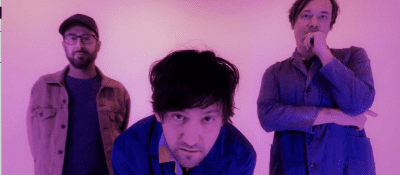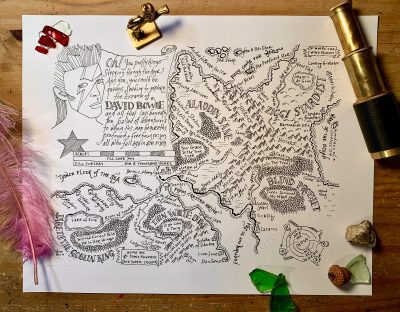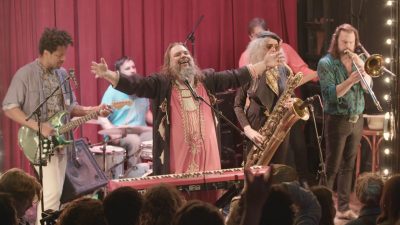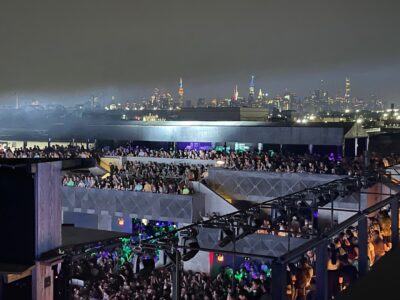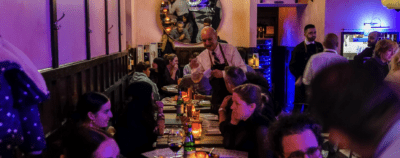Interview with 2018 NBCC Non-Fiction Award Finalist Frances FitzGerald
For the past four years, the National Book Critics Circle has partnered with The New School’s MFA Creative Writing program, allowing the students to interview each of the NBCC Awards Finalists. In addition to building excitement for the Awards Finalist Reading and Ceremony held at the New School March 14th-15th, these interviews have built an intergenerational bridge between the writers of today and tomorrow.
This year, as part of the ongoing collaboration, and in support of the NBCC’s conversation about reading, criticism, and literature that extends from the local to the national, Brooklyn Magazine will publish and promote the interviews between NBCC Finalists and the current students of The New School.
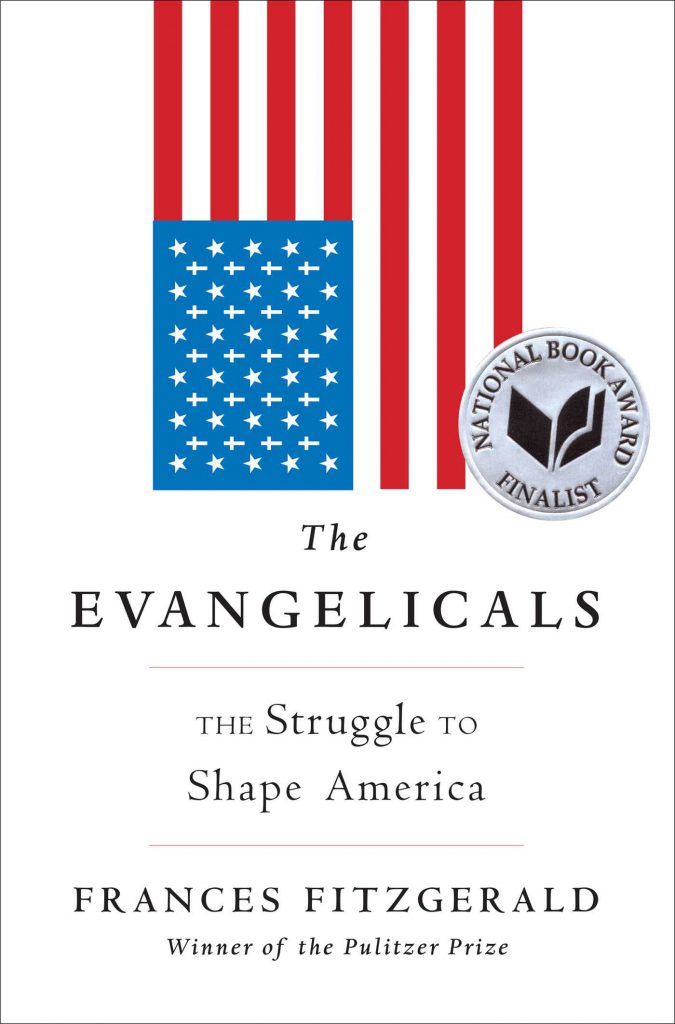
Billy Graham died today. How would you characterize his legacy?
I think his real legacy is creating evangelicals. There was not such a thing before that. That is to say, in the nineteenth century, all Americans were evangelicals. Then the term went out of use because of the Fundamentalist-Modernist controversy. Graham began as a fundamentalist himself, as a boy and as a young preacher. But he wanted a wider audience, and he wanted reconciliation between more moderate Protestants and fundamentalists. He found that fundamentalists just wouldn’t do that. They were too separatist and difficult, so he cut his ties with them, and started calling himself an Evangelical. That’s how we now define evangelicals; it’s Billy Graham’s achievement.
You’ve been writing about evangelicals since the eighties. What has sustained your interest for such a long time?
Well, I’ve done a lot of other things in the meantime—I wrote a very long book about Reagan and Star Wars, and I did a lot of other magazine writing and published a picture book about Vietnam today—so it was sort of an on-and-off interest, until Bush came along. He was the favorite among evangelicals, and he was, in theory, doing a lot for them. I went back to the story, and then I realized that you couldn’t really understand evangelicals without understanding the history, and particularly the Fundamentalist-Modernist conflict. But also, you couldn’t understand their sense of sort of owning the American past. Because in a way they did.
Why the anti-intellectual strain?
Well they weren’t intellectuals themselves. The Protestant preachers used to be the intellectuals of the day, and they felt tossed out by the universities, once the universities came along and adopted the German system, which divided subjects into specialities and had particular training for each one. The preachers were then shuffled off to the divinity schools, and I think they resented that early on. Then afterwards they were, statistically, poorer and less educated than mainline Protestants or Catholics. So it was sort of natural that they wouldn’t accept the advice of people who they thought just claimed to be intellectuals.
You talk about the Scopes trial, how it seemed at that point that the conservative, fundamentalist, anti-modernists lost the battle, until in the wake of that Billy Graham and other revivalists came along.
Just after World War II, which is important. It’s important because I think after major wars there’s a tendency towards conservatism. People who go off to war want to come back and see things as being exactly the same as they were. In the fifties, virtually everyone went to church, and it’s natural to follow revivalists. And that hasn’t really happened since then.
We have a history, which you trace, of being surprised by evangelicals—underestimating their numbers and political power, misunderstanding them. In doing all this research and interacting with these folks, do you have any thoughts on how we might avoid missing out on such a large group of people again?
I think the press has been a little better recently. But still, it was long thought that they would just go away, it was long hoped by many people.
Several times in history.
Right. But it turns out that since they got more sophisticated politically, and also legally, they’ve been challenging, in a serious fashion, all kinds of things that liberals hold dear, like abortion and gay marriage. And most recently their religious freedom laws seem to be discriminatory against LGBT people.
You end the book with evangelicals giving Trump 81% of their vote, but also on a note of possible change in the future. Since finishing this book, have you seen any developments?
Sure, and on both sides of that ledger. [Christian Right] evangelicals still like Trump, almost as much as they did in the first place. A lot of them joined the Tea Party, so you can see how far that goes. They’ve always been very conservative—on economics and the military as well as other things. It’s just they didn’t put this at the front of their agenda. So Trump has been pleasing them, and he’s been pleasing them particularly because he’s been making particular efforts towards them, on abortion and on other matters.
They don’t like government regulations, but they’re all-around people politically: they don’t just vote on abortion and gay marriage, they vote on all kinds of issues. What has changed is that they used to think that presidents had to be sort of morally pure, and they particularly emphasized this when it came to Clinton, but now they’ve become very pragmatic and don’t seem to care as long as they get their conservative judges and a few other things. This is the Christian Right, I’m not talking about all evangelicals.
Recently in polls, the younger generation views Christians, particularly evangelicals, poorly. Do you see any sign of that possibly changing?
I don’t think it’s because of a hostility towards them. There are two things: one is changing demographics, that’s really important. When a third of evangelicals become Latinos they, while socially conservative, are economically liberal, and that means militarily as well. So you get a real change of point of view when that happens.
Secondly, when you’re talking about young white evangelicals, they are so far away from what were—to Jerry Falwell—the shocks of the 1960s and 70s, that they don’t register them very much anymore, except for abortion, which essentially they’ve taken the Catholic line on. But as for the other things, including economics and so on, they’re much more liberal than their fathers and grandfathers.
Frances FitzGerald is the recipient of the Pulitzer Prize, the National Book Award, the Bancroft Prize, and a prize from the National Academy of Arts and Sciences. She is the author of The Evangelicals: The Struggle to Shape America; Fire in the Lake: the Vietnamese and the Americans in Vietnam; America Revised: History School Books in the Twentieth Century; Cities on a Hill: A Journey through Contemporary American Cultures; Way Out in the Blue: Reagan, Star Wars and the End of the Cold War; and Vietnam: Spirits of the Earth. She has written for The New Yorker, The Atlantic, Harper’s, The New York Review of Books, The Nation, Rolling Stone, and Esquire.
You might also like 

















